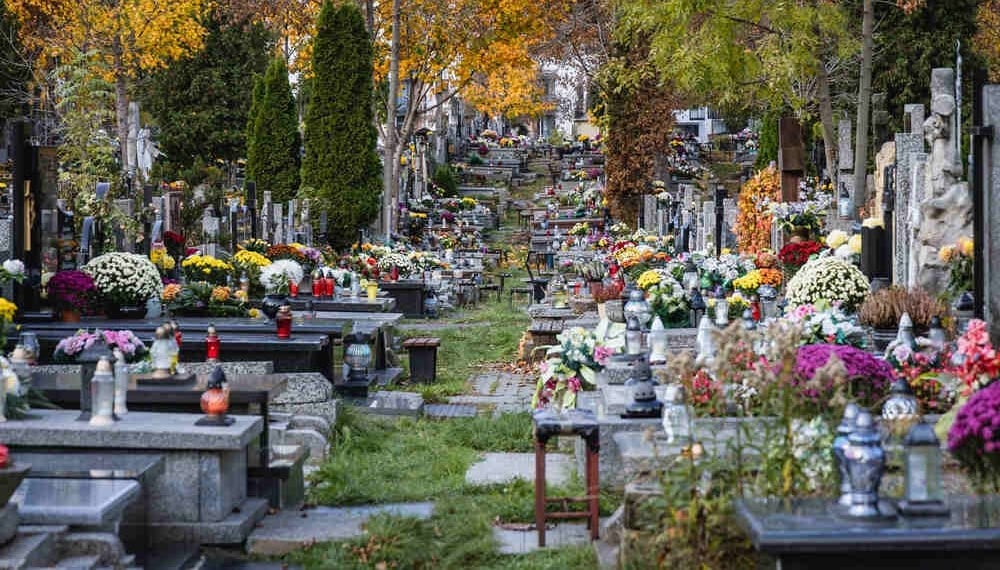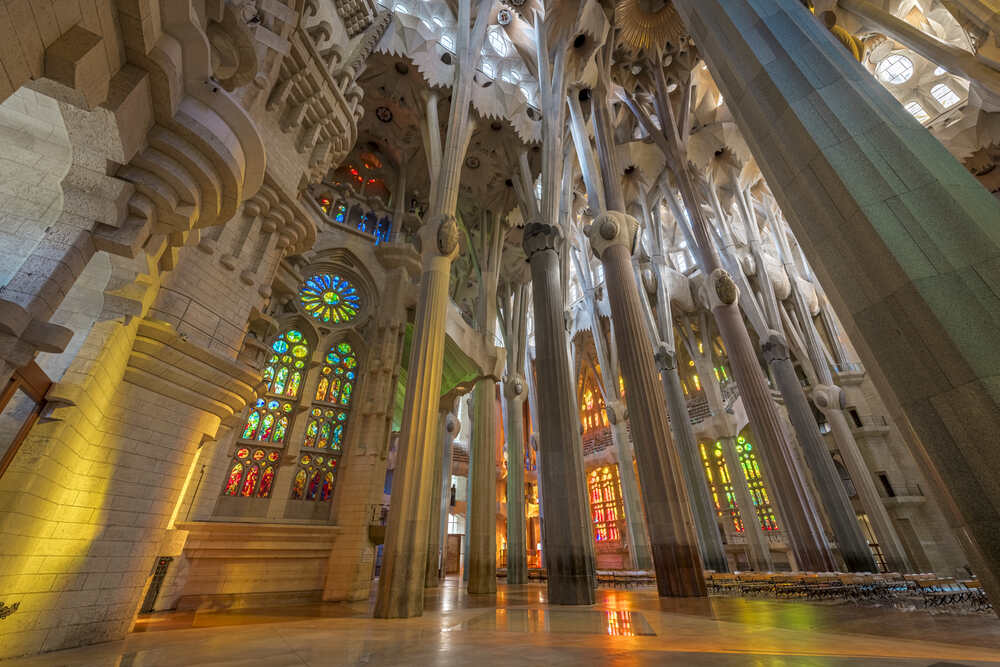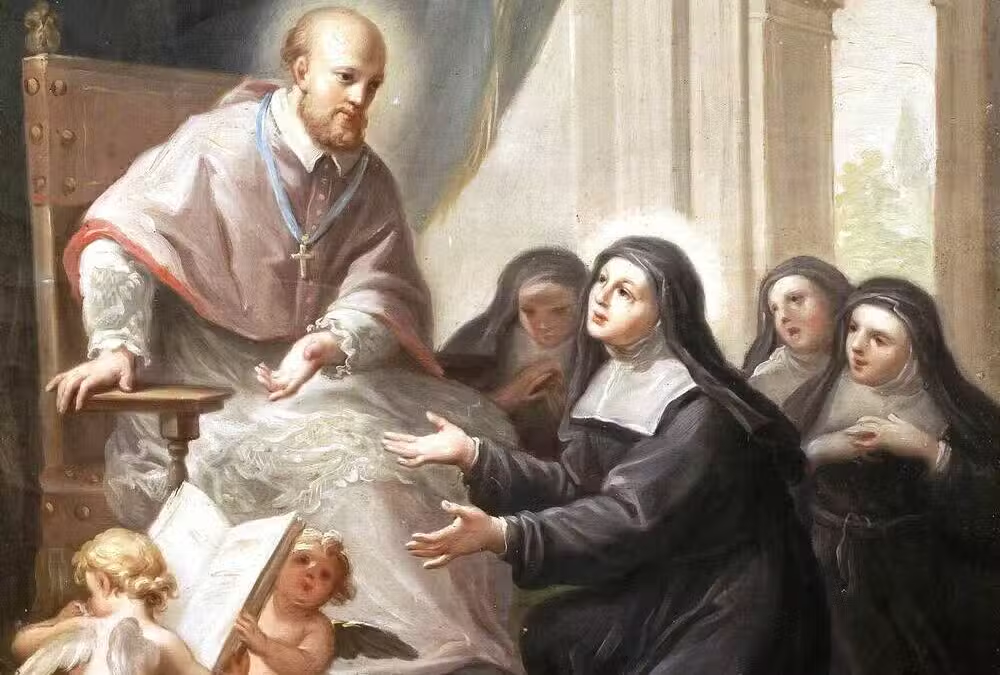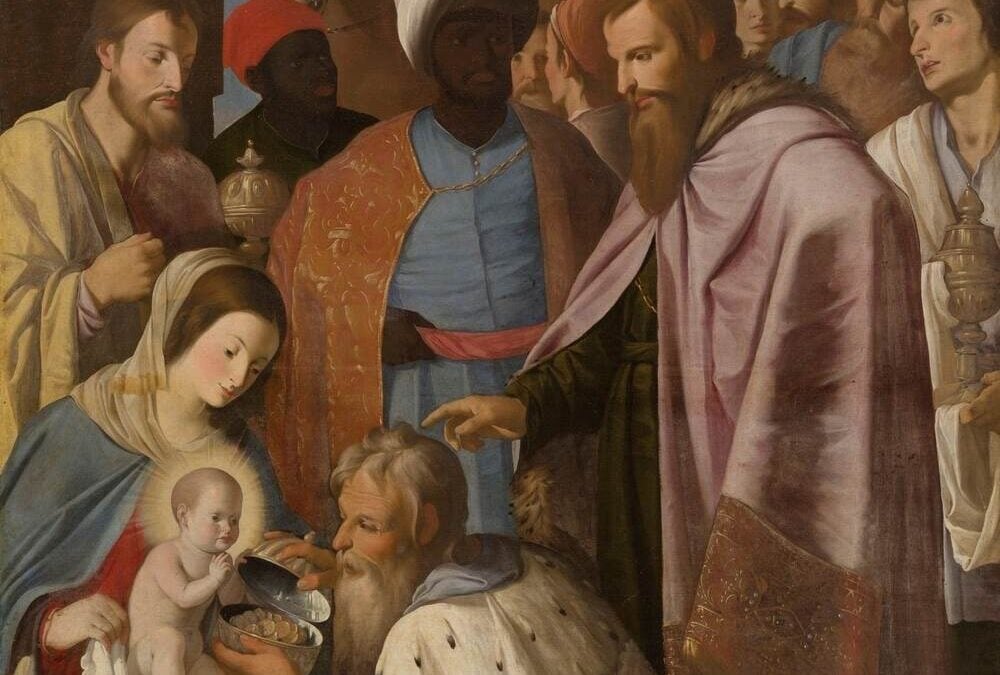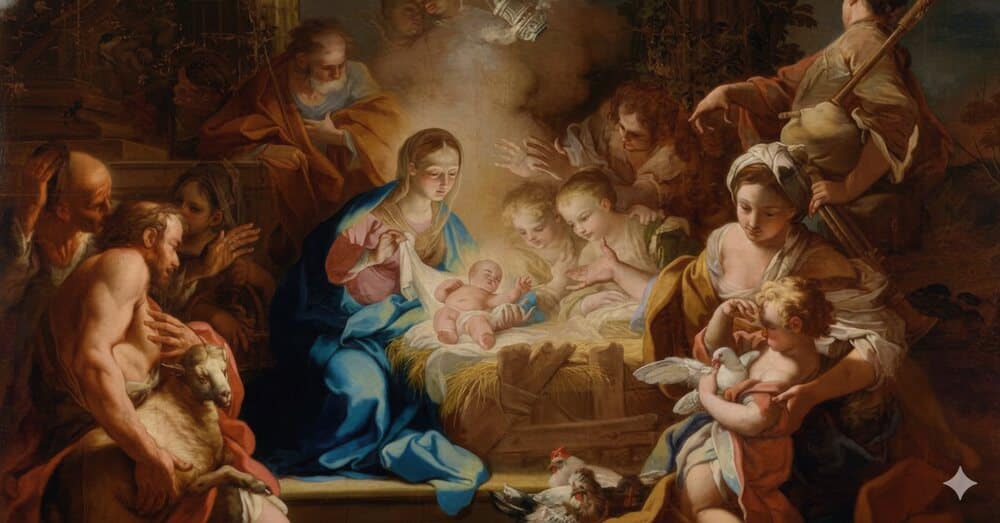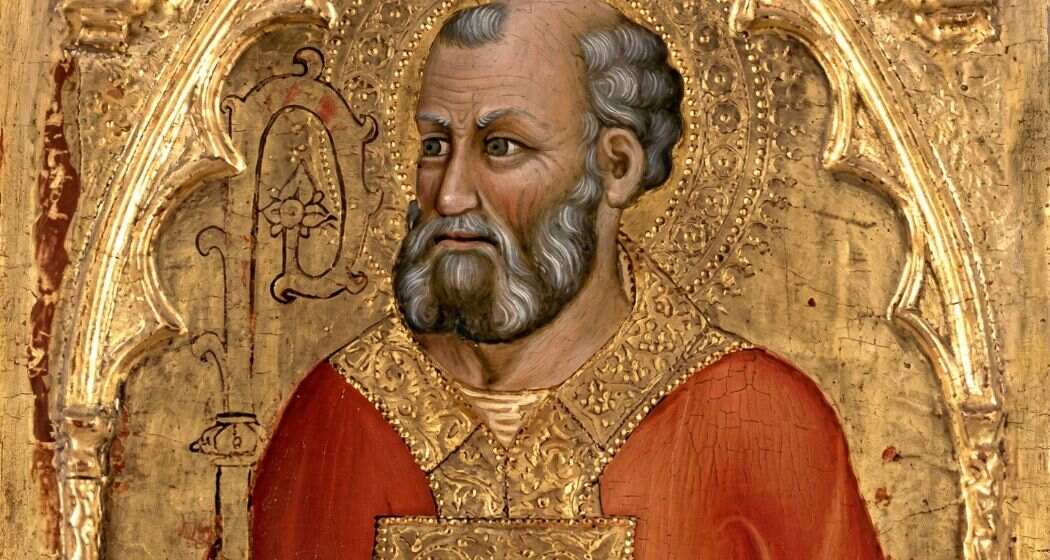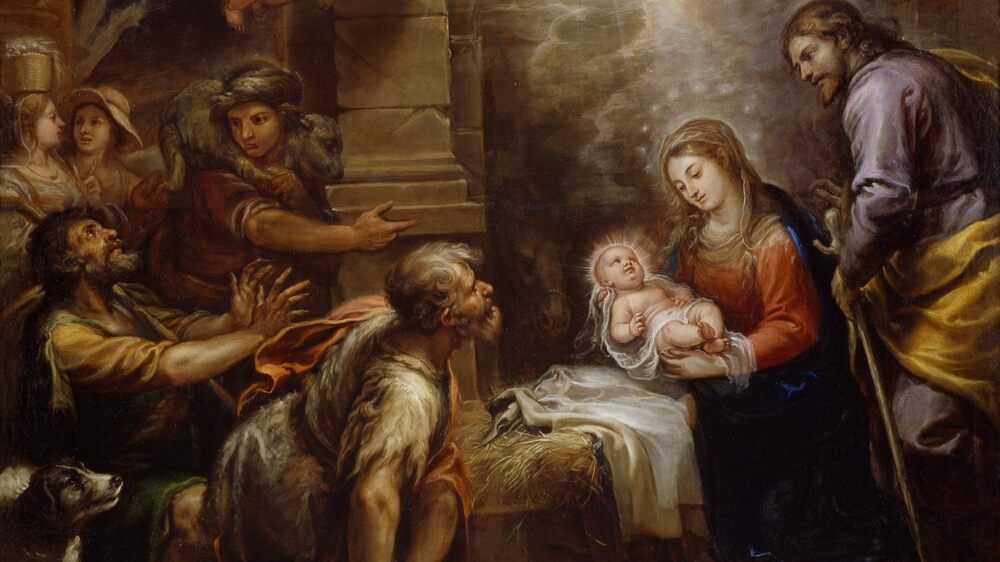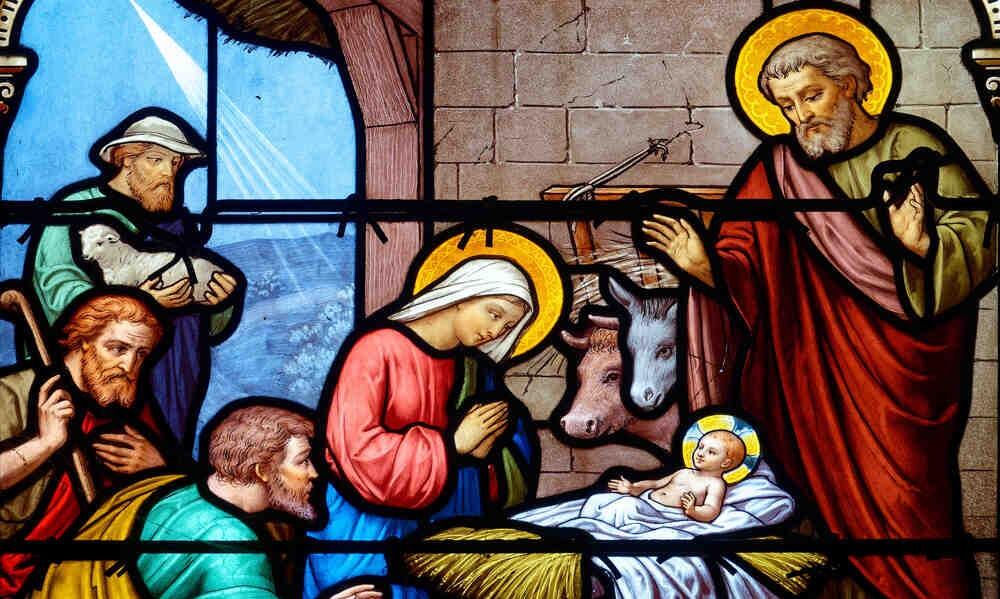On November 2, the Church celebrates the Commemoration of All the Faithful Departed, commonly known as All Souls’ Day or the Day of the Dead. It is a time to pray for the souls still in purgatory and to remember with hope those who already enjoy the presence of God.
In many Latin American countries—especially in Mexico—the Day of the Dead holds deep cultural and family significance. Yet beyond the colorful traditions, the Church invites us to recall the true Christian meaning of this day: to pray for the souls of the departed and to ask God to receive them into His mercy.
The Church teaches that after death, souls may go to Heaven (if they die in God’s grace), Hell (if they have turned away from Him), or Purgatory (if they die in grace but still need purification). The souls in purgatory are not lost; they are being cleansed so they can fully enter God’s presence. The living can help them through prayer, the Holy Mass, good works, and indulgences.
In this article, we’ll explore the spiritual gifts that Holy Mother Church offers to help free the souls in purgatory on the Day of the Dead.
Commemoration of All the Faithful Departed
Origins of the commemoration
The practice of praying for the dead dates back to the earliest centuries of Christianity, when believers offered Masses and prayers for the martyrs and for those who had died in the faith.
In the 9th century, Benedictine and Cluniac monks promoted an annual liturgical celebration to pray for the souls in purgatory. Finally, in the year 998, the Commemoration of All the Faithful Departed was established in several monasteries, and gradually spread throughout the entire Church.
The Church placed this commemoration on November 2nd, right after All Saints’ Day on November 1st, to maintain a liturgical continuity: first, the saints are honored; then, prayers are offered for all the faithful who still need purification before entering Heaven.
The Day of the Dead in Mexico
The Día de los Muertos in Mexico is one of the country’s most emblematic celebrations, even recognized by UNESCO as part of the Intangible Cultural Heritage of Humanity. It has both indigenous and Catholic roots and expresses a profound view of death—not as an end, but as part of the cycle of life.
It is observed mainly on November 1 and 2. November 1 is dedicated to All Saints, especially to the children who have died, while November 2 is reserved for the Faithful Departed, the adults who have passed away.
During these days, families build altars or offerings in their homes, schools, or cemeteries. They place photos of their deceased loved ones, candles, cempasúchil (marigold) flowers, incense, pan de muerto (bread of the dead), food, drinks, and personal items that the departed enjoyed in life. The flowers, scents, and colors symbolize hope, light, and a welcome to the souls who, according to tradition, return to visit their loved ones and partake of the offerings.
The Christian Meaning of the Day of the Dead
For Catholics, death is not the end but a passage into eternal life. In Christ, death has been conquered; therefore, the Church teaches that the faithful departed remain united with us in the Communion of Saints—we can help them through our prayers, and they intercede for us before God once they reach Heaven.
The Day of the Dead, then, should not focus on nostalgia or fear of death, but on the hope of the Resurrection and the mercy of God. It is a time to remember that our prayers, Masses, and sacrifices offered for the departed truly have value before God and can bring relief to their souls, shortening their purification in purgatory.
As the Catechism of the Catholic Church (no. 1032) teaches:
“From the beginning the Church has honored the memory of the dead and offered prayers in suffrage for them, above all the Eucharistic sacrifice, so that, thus purified, they may attain the beatific vision of God.”
The Church also teaches that after death, souls do not return to the earth but await the resurrection—either in God’s presence or in purgatory. Therefore, prayer for the dead is a humble intercession before God, not an attempt to manipulate the spiritual world.
“Whoever believes in Me, though he die, shall live.” (John 11:25)
In short, the true Christian meaning of the Day of the Dead is to live it as a spiritual work of mercy—praying for the dead—and a profession of faith in the Resurrection, not as an invocation of souls or a celebration detached from God. It is a day to look toward Heaven with hope and to love more deeply those who have gone before us, trusting that one day we will be reunited with them in the Father’s house.
How to Help the Souls in Purgatory?
Practices for the Commemoration of All the Faithful Departed
To live this day more authentically, in harmony with the faith of the Church, it is recommended to:
- Attend Holy Mass on November 2nd, offering the Eucharist for the souls of the departed.
- Pray for the faithful departed, whether through the Rosary, the Office of the Dead, or simple personal prayers.
- Visit a cemetery to pray and bless the graves, remembering that the body, too, is destined to rise again.
- Offer indulgences for the souls in purgatory.
- Avoid superstitions or practices contrary to the Christian faith, keeping Christ risen and the hope of eternal life at the center.
- Reflect on the Christian meaning of death and eternal life.
Plenary Indulgences
The Catholic Church teaches that indulgences are a gift of divine mercy through which the temporal punishment due to sins already forgiven in confession is remitted. These indulgences may be applied either to oneself or to the souls in purgatory, as a spiritual act of charity.
To obtain a plenary indulgence (which removes all temporal punishment), the Church asks the faithful to fulfill five conditions:
- Sacramental Confession
This should be done within several days before or after the indulgenced act (within about 8 days is recommended).
- Eucharistic Communion
Receive Holy Communion in the state of grace, preferably on the same day the indulgenced act is performed.
- Prayer for the Intentions of the Holy Father
Pray for the Pope’s intentions—at least one Our Father and one Hail Mary suffice.
- Complete Detachment from Sin, Even Venial Sin
Have a sincere heart free from any attachment to sin.
- Perform the Prescribed Work
In this case, the act designated by the Church for the benefit of the souls in purgatory (see below).
During the first week of November, the Church grants special indulgences for the faithful departed:
- From November 1 to 8:
The faithful who devoutly visit a cemetery and pray for the departed—even if only mentally—may obtain a plenary indulgence each day, applicable only to the souls in purgatory.
- On November 2 (All Souls’ Day):
Those who devoutly visit a church or oratory and recite the Our Father and the Creed may obtain a plenary indulgence for the departed, under the usual conditions.
Receiving an indulgence is not a magical rite, but an act of love and communion. The faithful unite their prayers and sacrifices to the infinite merits of Christ for the purification of the souls in purgatory. In this way, the living and the departed remain bound together in the love of God—in that great spiritual family the Church calls the Communion of Saints.
Prayers for All Souls Day
Heroic Act of Charity
Heavenly Father, in union with the merits of Jesus and Mary, I offer to You for the sake of the poor souls all the satisfactory value of my works during life, as well as all that will be done for me after death.
I give You my all through the hands of the Immaculate Virgin Mary that she may set free whatever souls she pleases, according to her heavenly wisdom and mother’s love for them.
Receive this offering, O God, and grant me in return an increase of Your grace.
Amen.
Prayer for souls in purgatory
O Lord, who art ever merciful and bounteous with Thy gifts, look down upon the suffering souls in purgatory. Remember not their offenses and negligences, but be mindful of Thy loving mercy, which is from all eternity.
Cleanse them of their sins and fulfill their ardent desires that they may be made worthy to behold Thee face to face in Thy glory. May they soon be united with Thee and hear those blessed words which will call them to their heavenly home:
“Come, blessed of My Father, take possession of the kingdom prepared for you from the foundation of the world.” Amen.
Eternal Rest
O good Jesus, who throughout Your life showed compassion for the sufferings of others, look with mercy upon the souls of our loved ones who are in Purgatory. O Jesus, who loved Your own with tender affection, hear the prayer we offer You, and in Your mercy grant to those whom You have taken from our home the joy of eternal rest in the embrace of Your infinite love. Amen.
Eternal rest grant unto them, O Lord, and let perpetual light shine upon them.
May they rest in peace. Amen. May their souls, and the souls of all the faithful departed, through the mercy of God, rest in peace.. Amen.
The Day of the Dead is a providential occasion to renew our faith in eternal life and to practice the purest form of charity: praying for those who have departed. In doing so, we not only help the souls in purgatory but also remember that we are all walking toward the same destiny: the final encounter with God.
Far from superstitions, magical practices, or purely folkloric views of death, Christians are called to live this day with hope, setting their hearts on Christ —the conqueror of sin and death— who opened the gates of Heaven for us.
Let us ask the Lord for the grace to live well so that we may have a holy death, and may the souls of all the faithful departed —especially those most forgotten and for whom no one prays— soon find peace and eternal light.
What’s the difference between All Saints’ Day and All Souls’ Day?
On November 1st, we celebrate those who already rejoice in God’s glory; on November 2nd, we pray for the souls still being purified in Purgatory as they journey toward Heaven. Together, these dates express the communion between the Church triumphant, the Church suffering, and the Church militant.
Why do Catholics pray for the dead?
Because we believe in the communion of saints: the living can help the souls in purgatory through prayers, Masses, and sacrifices so that they may soon reach the vision of God.
What is the meaning of visiting the cemetery on November 2?
It is a way to keep our faith in the resurrection alive and to express love for those who have gone before us —praying for them and remembering that their bodies are also destined to rise again.
Is it appropriate to make altars or offerings on the Day of the Dead?
Yes, as long as it is done with a Christian sense —as a sign of remembrance, prayer, and hope in eternal life— avoiding superstitious or non-Christian practices.
What does the Church recommend for the Day of the Dead?
Participate in Holy Mass, go to confession, pray for the deceased, visit the cemetery, offer indulgences, and renew your hope in the Risen Christ.

